The InVisionary
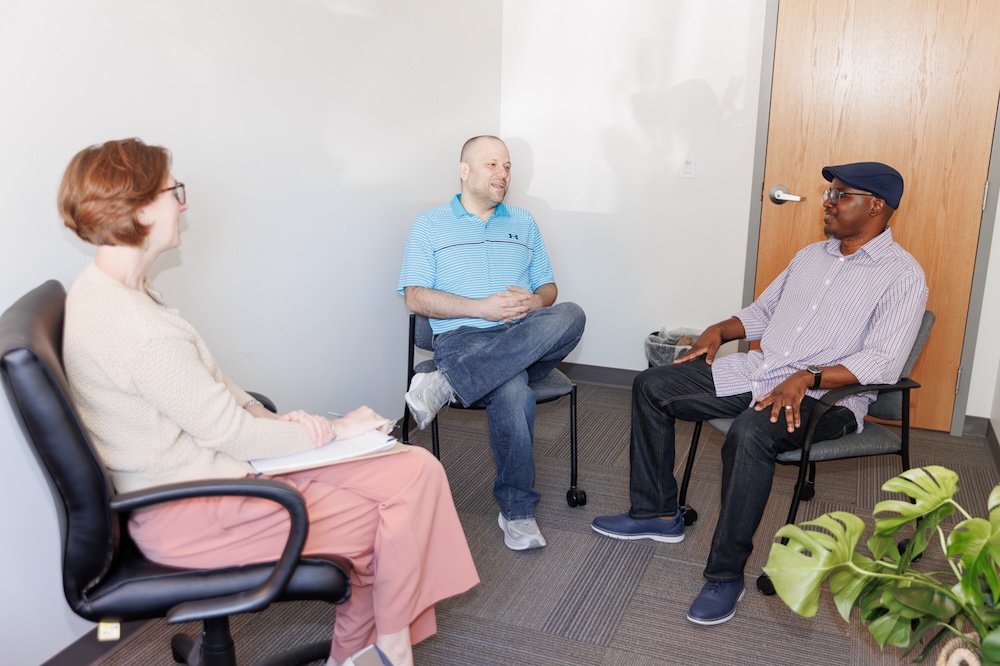 When I first read Viktor Frankl’s Man’s Search for Meaning seventeen years ago, I didn’t realize how profoundly it would shape my life. Frankl’s message, “He who has a why to live, can bear almost any how,” has been a guiding force in my professional journey as a social worker. His ideas resonate deeply in the field of mental health, where meaning and purpose often serve as the bedrock for healing. Frankl is the founder of Logotherapy which suggests that the search for meaning is the most powerful motivating force in human behavior.
When I first read Viktor Frankl’s Man’s Search for Meaning seventeen years ago, I didn’t realize how profoundly it would shape my life. Frankl’s message, “He who has a why to live, can bear almost any how,” has been a guiding force in my professional journey as a social worker. His ideas resonate deeply in the field of mental health, where meaning and purpose often serve as the bedrock for healing. Frankl is the founder of Logotherapy which suggests that the search for meaning is the most powerful motivating force in human behavior.During a training at the Memorial Sloan Kettering Psycho-Oncology Institute last October, I learned that Meaning-Centered Psychotherapy, initially designed for people with advanced cancer, can have far-reaching applications for many mental health conditions. Meaning, in fact, may be a core principle across all forms of psychotherapy.
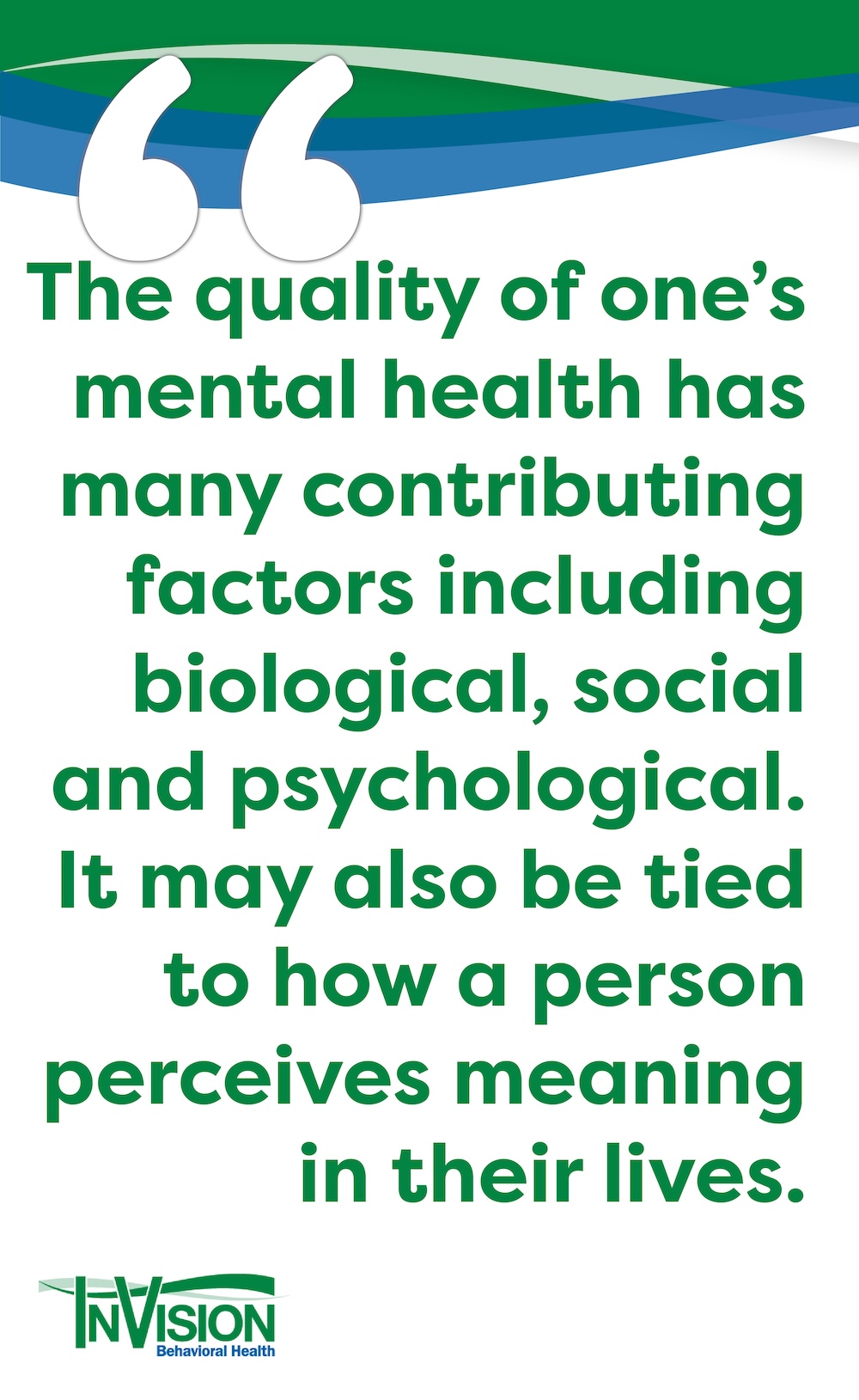 The quality of one’s mental health has many contributing factors including biological, social and psychological. It may also be tied to how a person perceives meaning in their lives. Research has shown that feelings of hopelessness have been linked to mental health struggles such as depression and anxiety. Having a sense of purpose in one’s life has been linked with lower rates of mood concerns, and even longer life expectancy.
The quality of one’s mental health has many contributing factors including biological, social and psychological. It may also be tied to how a person perceives meaning in their lives. Research has shown that feelings of hopelessness have been linked to mental health struggles such as depression and anxiety. Having a sense of purpose in one’s life has been linked with lower rates of mood concerns, and even longer life expectancy.Not everyone may align with the language that I am using here. Instead of using the words meaning and purpose, someone may identify better with words such as reason, intent, ambition, passion, or devotion. Maybe instead of asking someone how they find meaning in their lives, we might ask, “What drives you? What makes you feel alive? What or who do you care deeply about? What motivates you to get out of bed each morning? Where do you feel the most fulfilled?”
While dictionaries define “meaning” in terms of significance or intent, in therapeutic contexts, meaning has a much deeper, personal connotation that is rooted in individual experiences and values.
Defining Meaning at InVision Behavioral Health
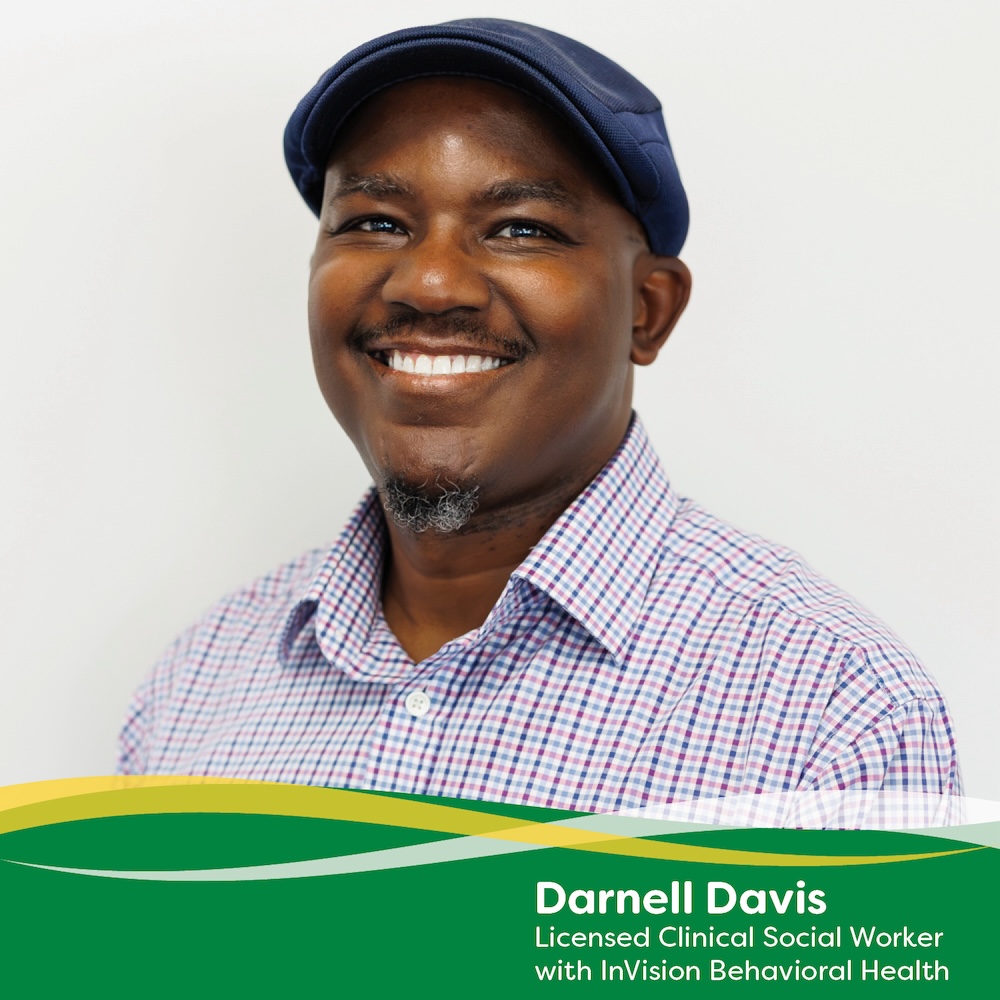 I asked three of my colleagues at InVision Behavioral Health to define meaning in their own words and asked them how they help clients cultivate meaning in their lives. My colleague Darnell, a Licensed Clinical Social Worker, shared: “I can’t separate meaning from purpose. I like to ask clients, what is important to you? What do you spend your time on that feels effortless to you? What is the thing that gives you joy and allows you to deliver joy to others?” Darnell’s approach emphasizes the connection between joy, effortlessness, and purpose, demonstrating that meaning often emerges from activities that resonate deeply with an individual’s core values.
I asked three of my colleagues at InVision Behavioral Health to define meaning in their own words and asked them how they help clients cultivate meaning in their lives. My colleague Darnell, a Licensed Clinical Social Worker, shared: “I can’t separate meaning from purpose. I like to ask clients, what is important to you? What do you spend your time on that feels effortless to you? What is the thing that gives you joy and allows you to deliver joy to others?” Darnell’s approach emphasizes the connection between joy, effortlessness, and purpose, demonstrating that meaning often emerges from activities that resonate deeply with an individual’s core values.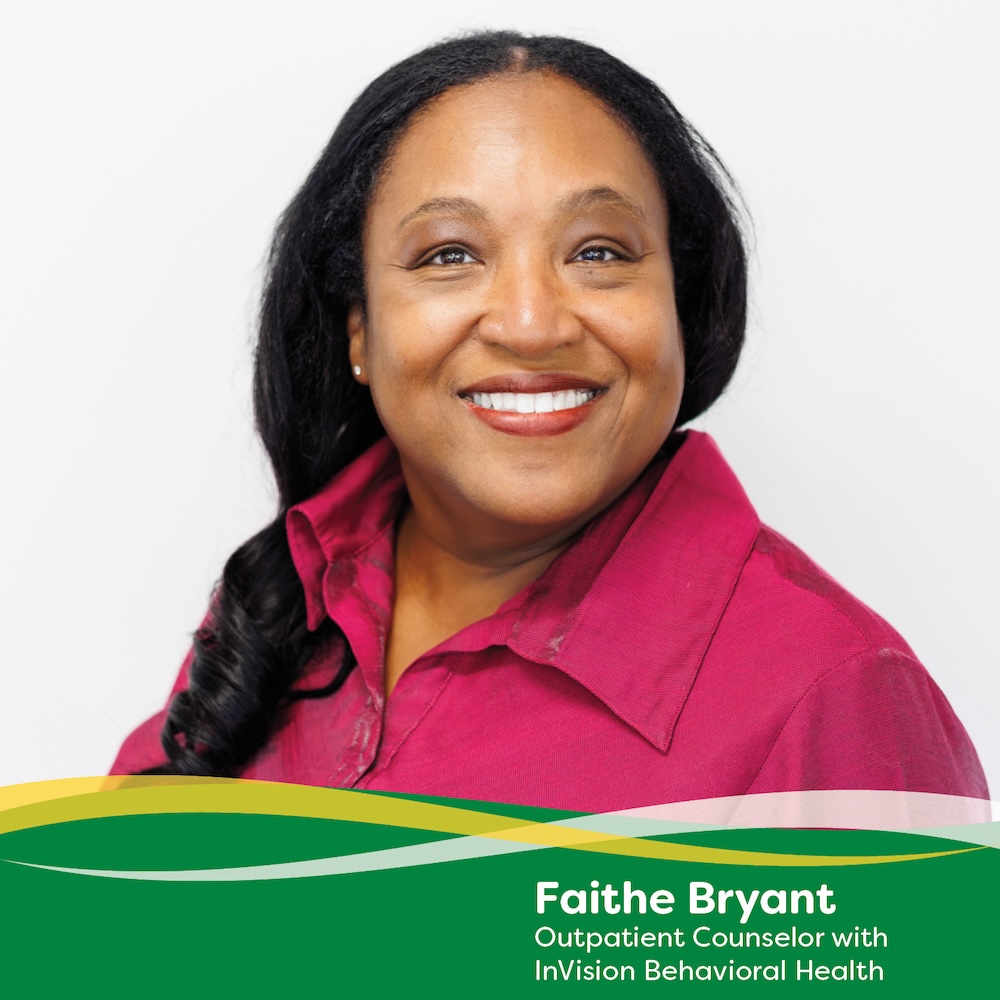 When speaking with my colleague Faithe – who is both a Licensed Professional Counselor and a pastor – she shared, “Meaning for me is very person-centered. What will increase someone’s life’s joy, their life’s work, their purpose? And so, it’s subjective, because my meaning may be different than someone else’s meaning, but that doesn’t mean that my joy isn’t as full.” I was struck with how easily Faithe incorporated the word joy as Darnell did, and how she differentiates that each individual person’s meaning in life is unique to them, and with each person’s meaning comes a joy just as rich and specific to them. Faithe shared a bit about her approach to extracting sources of meaning with clients: “When we’re looking to help a person find meaning in their everyday lives, we’re looking at those small things that give them joy and sometimes I back people down to, ‘what did you like to do when you were a kid?’”
When speaking with my colleague Faithe – who is both a Licensed Professional Counselor and a pastor – she shared, “Meaning for me is very person-centered. What will increase someone’s life’s joy, their life’s work, their purpose? And so, it’s subjective, because my meaning may be different than someone else’s meaning, but that doesn’t mean that my joy isn’t as full.” I was struck with how easily Faithe incorporated the word joy as Darnell did, and how she differentiates that each individual person’s meaning in life is unique to them, and with each person’s meaning comes a joy just as rich and specific to them. Faithe shared a bit about her approach to extracting sources of meaning with clients: “When we’re looking to help a person find meaning in their everyday lives, we’re looking at those small things that give them joy and sometimes I back people down to, ‘what did you like to do when you were a kid?’”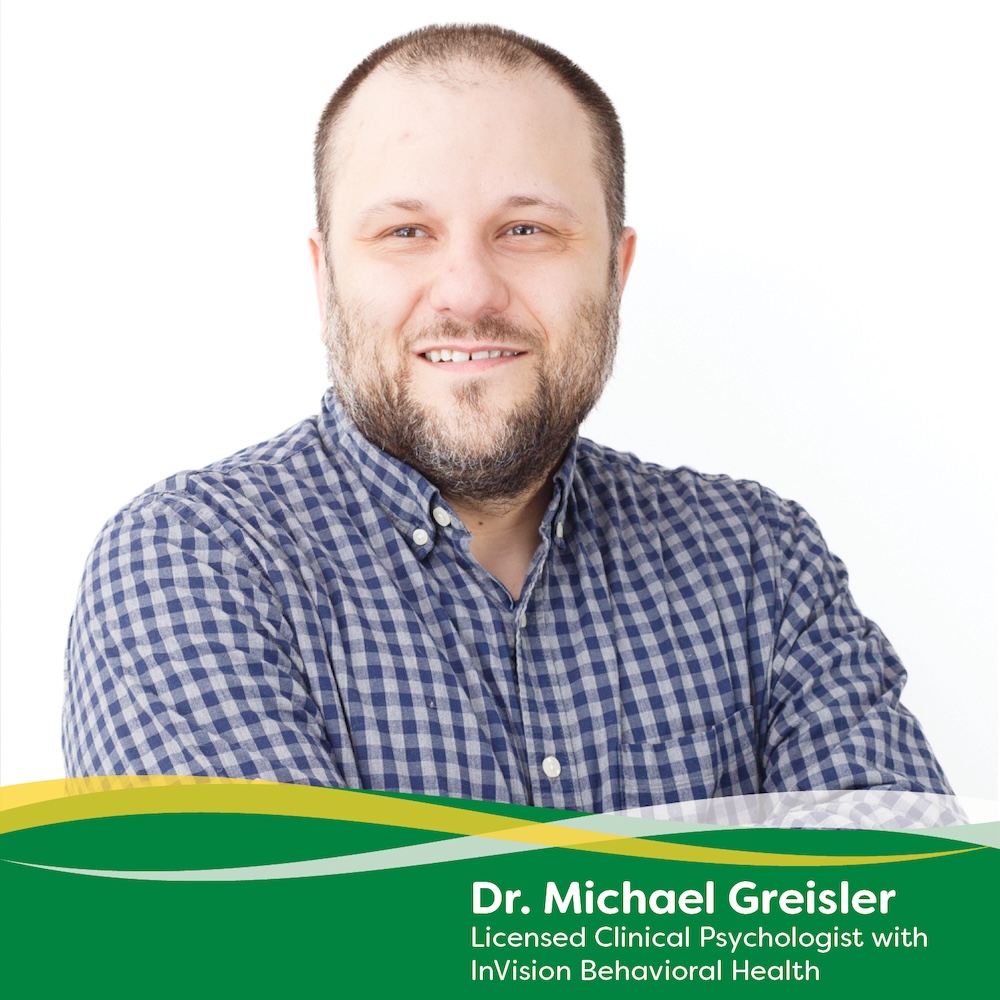 Dr. Michael Greisler, both a Licensed Clinical Social Worker and a Licensed Psychologist, had a different approach with his definition: “I don’t know if I could give a good definition other than to say pieces of what meaning includes: it has multiple levels/layers, there is an emotional piece, an intellectual piece, and its often indirect or hidden. People can find temporary meaning in things like music and art. And even if there's ultimately no meaning in something, the creation of meaning is, meaningful nonetheless.” What is important about the message Dr. Greisler is pointing out here, is that meaning can always be created, and it may even show up in ways such as the music we choose to listen to, the movies we watch, the art we are drawn to.
Dr. Michael Greisler, both a Licensed Clinical Social Worker and a Licensed Psychologist, had a different approach with his definition: “I don’t know if I could give a good definition other than to say pieces of what meaning includes: it has multiple levels/layers, there is an emotional piece, an intellectual piece, and its often indirect or hidden. People can find temporary meaning in things like music and art. And even if there's ultimately no meaning in something, the creation of meaning is, meaningful nonetheless.” What is important about the message Dr. Greisler is pointing out here, is that meaning can always be created, and it may even show up in ways such as the music we choose to listen to, the movies we watch, the art we are drawn to.What I love about my colleagues’ definitions of the word meaning is that they have each evolved from their own understanding and perception of the world, and they say much of the same thing in their own unique ways. In each of my conversations with my colleagues, we agreed that when someone can identify a sense of purpose in their lives, this can increase their resiliency during times of hardship, and can serve as a protective barrier to stress, depression, and anxiety. Meaning can give someone a sense of direction during times of distress and pain.
I think it is also important to differentiate that identifying sources of meaning in one’s life is not the same thing as “just being positive,” or trying to “find the silver lining” in a difficult time. Finding meaning is about understanding your why as you are getting through a difficult time. What gets you to the other side? What or who is waiting for you?
Identifying Meaning in Our Lives
So, how do we create more meaning in our lives? How do we find our purpose? It’s most likely in the small everyday acts you are already doing but may not always take time to notice or name as a source of meaning. Here are some ideas for ways we can all cultivate more of it in our lives:- Reflect on what truly matters to you
- Build meaningful relationships
- Practice kindness in your community
- Embrace new skills
- Practice gratitude
- Live mindfully, do one thing at a time
- Spend time in reflection
- Simplify your life
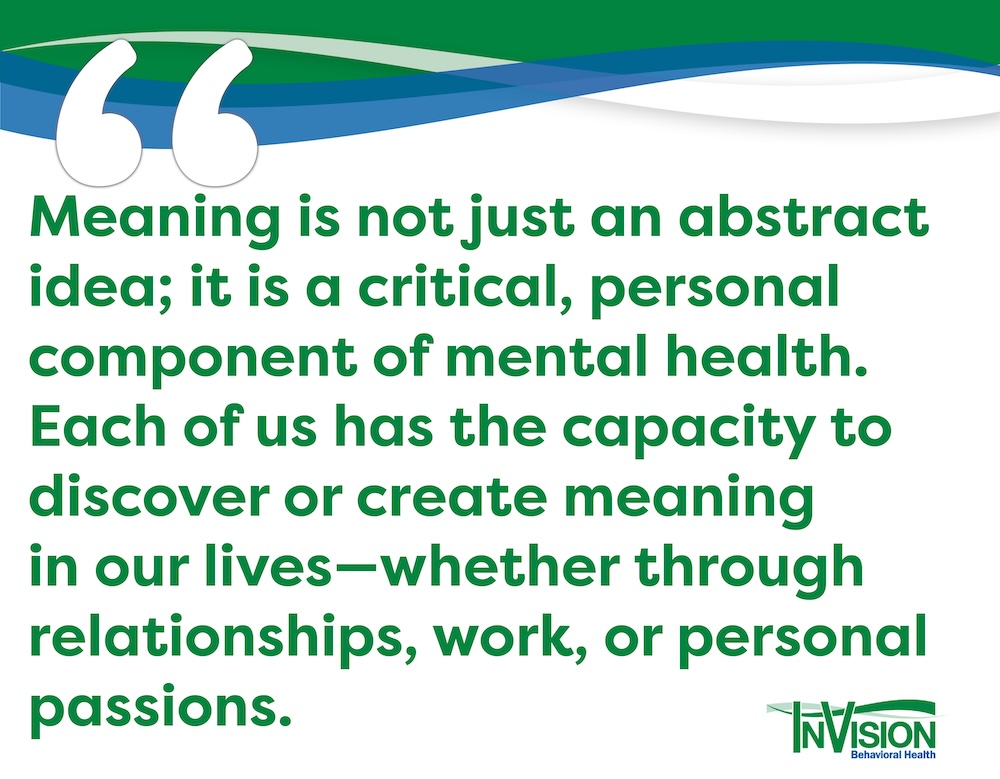 Meaning is not just an abstract idea; it is a critical, personal component of mental health. Each of us has the capacity to discover or create meaning in our lives—whether through relationships, work, or personal passions. By doing so, we nurture resilience and well-being, ensuring that our days, and ultimately our lives, are grounded in purpose.
Meaning is not just an abstract idea; it is a critical, personal component of mental health. Each of us has the capacity to discover or create meaning in our lives—whether through relationships, work, or personal passions. By doing so, we nurture resilience and well-being, ensuring that our days, and ultimately our lives, are grounded in purpose.As Annie Dillard wisely said, “How we spend our days is how we spend our lives,” and if those days are filled with purpose, the path to mental well-being stays clearly lit in times of darkness.
If you or a loved one are interested in services provided through IBH, please visit our IBH webpage or contact us at behavioralhealth@invisionhs.org or by calling (724) 933-2961.

Comments (0)